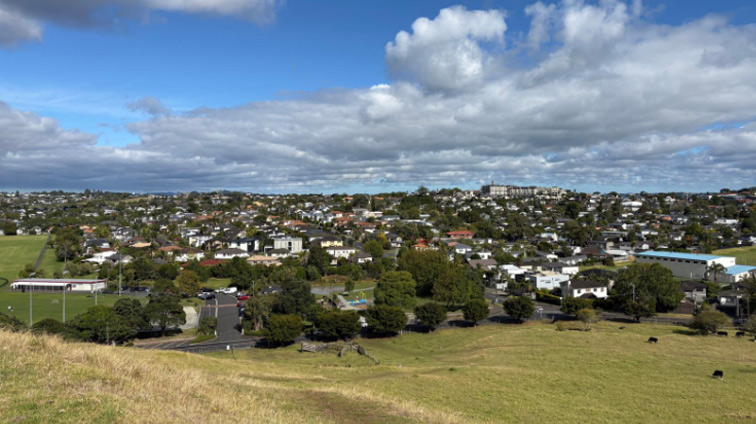Retrofitting existing suburbs for local sufficiency
This research explores how suburban areas, typically low-density, car-dependent, and single-use, can be transformed to support climate resilience and community sufficiency.
While compact city models are praised for their environmental and health benefits, many urban regions still rely heavily on sprawling suburbs that pose sustainability challenges. The study investigates how existing neighbourhoods can be retrofitted to integrate essential systems like food production, energy generation, and water treatment, reducing dependence on external resources.
By combining traditional practices with modern technologies, the project envisions alternative urban models that promote local sufficiency and long-term adaptability. The findings aim to inform future urban planning strategies through a holistic and forward-looking approach.

Related publications
- 2025. BESEN P, MORRISON A, VALLIS S, BOARIN P, JENSEN M, BURGESS A, YATES A, MOHAMMADZADEH M, LARA-HERNANDEZ A, PIRI I, JALALI Z, CARBAJAL F, PAALA K, PEARSON J, BESEN A. Retrofitting existing suburbs: Envisioning future scenarios of decentralisation and local sufficiency in low-density neighbourhoods. The International Conference of Green + Digital + Intelligent Built Environments (GDI 2025, Auckland, New Zealand, 1st – 3rd December 2025)
Keywords: SDG11 Sustainable Cities and Communities, Suburban retrofit, Sufficient Neighbourhoods, Sustainability Transitions, Urban Systems, Local Sufficiency - 2025. BESEN P, MALDONADO VENEGAS LC, PEARSON J. From cities for people to cities for all living beings: Car-free pathways as ecological corridors and stepping stones for both people and animals. 21st International Conference on Urban Health - International Society for Urban Health. https://www.icuh2025.org/
Keywords: SDG11 Sustainable Cities and Communities, Healthy Cities, Urban Wellbeing, Urban Design